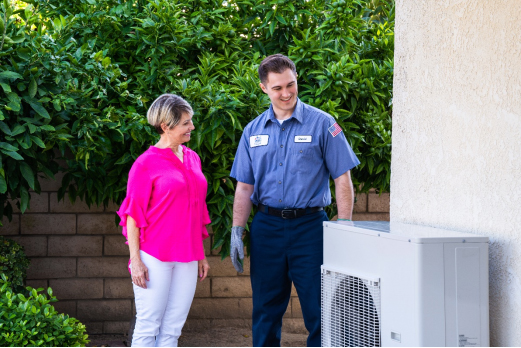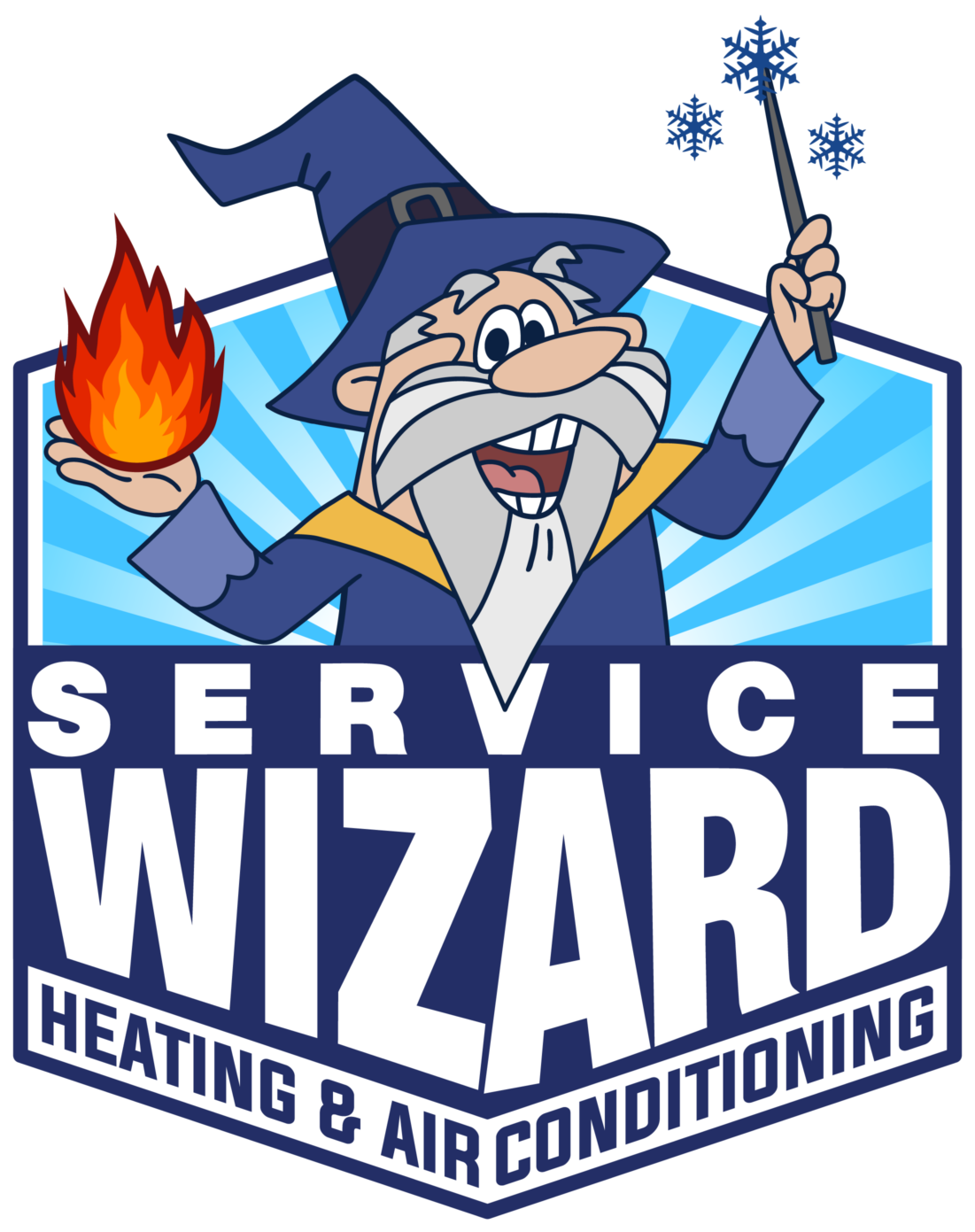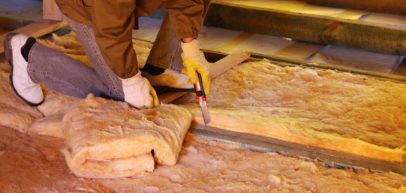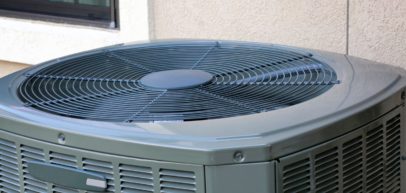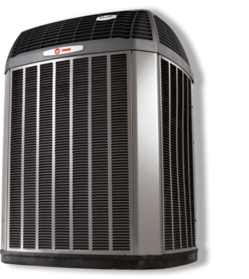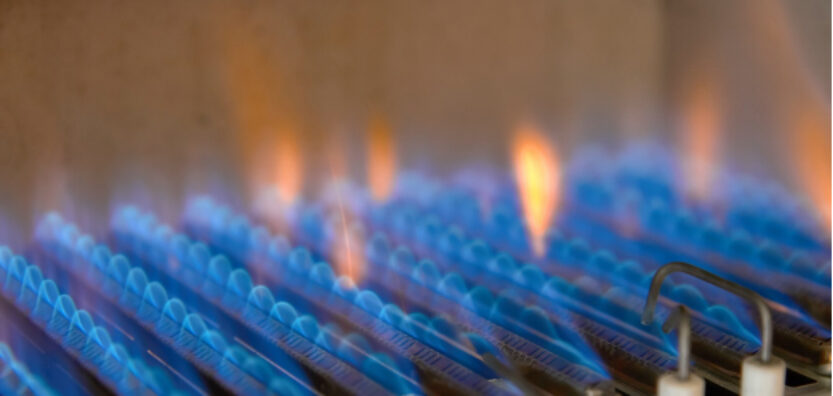
As with all things, with your heater, an ounce of prevention is worth a pound of cure. Summer months provide the best time to check your home’s heating system and begin any necessary heater installation projects.
Explore these heater and furnace installation factors as you consider what would create your home’s perfect heating system.
Key Takeaways:
- There are plenty of options for home heating systems that provide heat with comfort and efficiency.
- Choosing the right heater for your home depends on many factors, including your home’s size, your budget, and your preferences.
Ducted Home Heating
Ducted home heating is the most common heating method in most homes across the US. It uses a series of ducts to transport heat to the whole home. Also known as central heating, ducted heating often uses a fuel source like gas.
There are several benefits of ducted home heating, including:
- Widely available and traditional
- Centralized whole-home heating
- Balanced supply of heat distribution
- In common use for decades
Now that we understand the everyday use of the ducted heating system, let us explore its various equipment deliverables.
Furnace
A furnace heats air to provide warmth throughout your home. The heated air travels through a series of ducts to reach each room. Usually, the furnace is located in the basement of the home, but it may be in other places in some layouts.
The main concern for using a furnace is its efficiency. According to the United States Department of Energy, older furnaces are less efficient than new furnace installation systems. Understanding your furnace heating system, and seeking an expert, can increase your home efficiency rate and save you money.
Boiler
Boilers are similar to furnaces in their functionality, but the heating method varies. Boilers use hot water or steam to provide warmth throughout your home. They also utilize a duct system to distribute the heat.
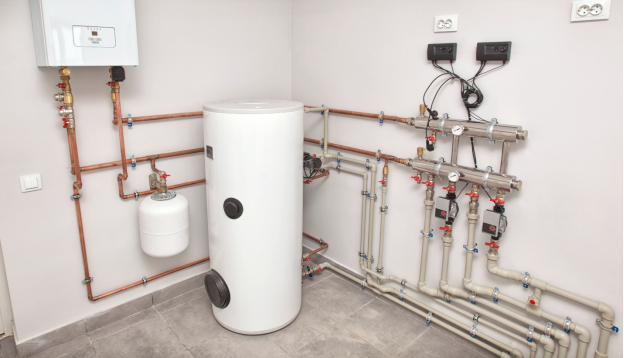
There are several downsides to boilers, however. Unlike furnaces and HVAC systems, they only supply heat without cooling. Boilers take a while to adjust the temperature as well. Older or faulty boilers present a safety hazard and can be expensive to fix.
Heat Pump
Comparable to their counterparts, heat pumps create heat by extracting it from one area and transferring it to another. For heating, heat pumps pull heat from the outdoor air, the ground, or a steam source and pump it into the home. For cooling, heat pumps pull the warm air out of the home and transfer it outside.
Baseboard radiators can be used in place of steam radiators. The heat pumps often generate heat through an air-to-air, water-source, or geothermal energy source. This heating method is more efficient than ducted home heating methods.
As you may imagine, the primary con to using a ducted home heating method is the potential for duct leaks and high bills. Leaking ducts reduce heating output, leading the system to overwork and increasing your energy bills.
Ductless Home Heating
Ductless home heating is a heater and furnace installation system that provides heat without ducts. This heating system is more efficient in heating capacity and has fewer leaks compared to ducted heating. These systems are good for homes without ductwork or homes with new additions that need heating.
Unlike furnaces and boilers, the compressor used in ductless heating devices does not completely shut off. Instead, it simply either speeds up or slows down.
Here are some examples of ductless heating systems:
Mini-Split
One type of ductless home heater is a mini-split. As its name suggests, a mini-split is a small indoor unit that connects to an outdoor compressor using a small pipe. A mini-split is great for heating individual rooms and spaces and providing zoned heating for individual comfort. It is not a conducive heating unit to heat your whole home but can be with multiple units.
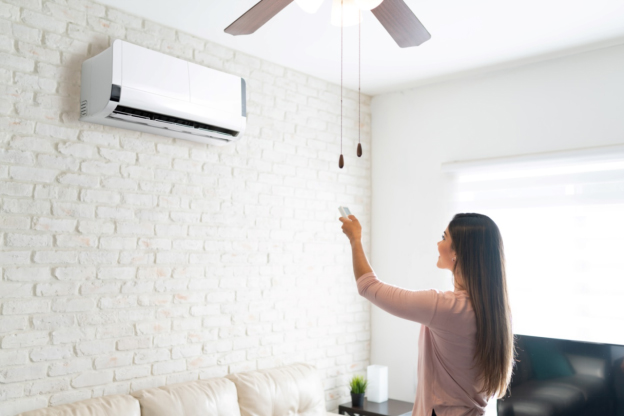
Window AC with Heat
We have all seen a window AC unit once or twice in our lives and or used one. Window AC units are installed in an open window and run on electricity to provide cooling to specific rooms. Though inexpensive and easy to install, they are inconvenient to install and remove each season.
Despite the window AC unit being notorious for providing air conditioning, it can also function as a heating unit. These units collect heat from outdoors and transfer it into your home, which allow them to be used all year long.
Portable AC with Heat
Portable AC units with heat function similar to window AC units for heating. However, their ability to heat single rooms is less efficient than window AC units. Portable AC units with heat work better for heating garages, sheds, and smaller spaces. Due to their limited heating capacity, portable AC units may be the last choice for heating options.
Choosing a ductless home heater for your heating and furnace installation needs will require more maintenance. In addition, you must place a ductless heating unit in each room you desire to heat. These systems aren’t as attractive as others, since the units are typically installed in windows or walls.
Direct Home Heating
Home and furnace installation systems that use direct home heating can be convenient, but they have a lot of downsides. It takes more time to generate heat using a direct heating device and they generally use electricity or gas to heat a home.
Electric Space Heaters
Electric space heaters are small, portable heating devices that use electricity to heat rooms in your home. They can have ceramic, radiant, or other types of heating elements that heat the air, which is circulated by a fan for supplemental heating
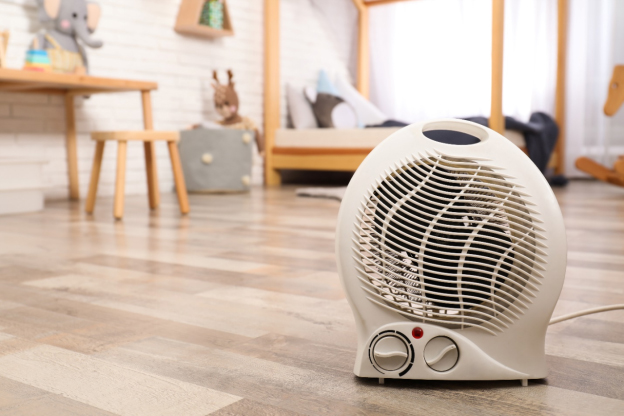
Gas Space Heaters
Instead of electricity, gas space heaters use gas and propane to heat spaces. Gas space heaters are small and burn fuel to heat, so they’re not recommended for indoor use. Instead, gas space heaters are used for outdoor spaces or industrial warehouses with proper ventilation.
Factors to Consider
We’ve covered the most common types of heating for your home, but there are other factors to consider to determine what home heater is right for you.
Upfront Investment
The upfront cost to invest in a new electrical heater and furnace can get costly. Ducted home heating and cooling can be a significant upfront investment for the equipment, components, and installation, especially if you need to install ductwork. Ductless can be less expensive to heat specific areas, but you may pay more in maintenance costs over time.

Unit Compatibility
Unit compatibility with your home heating needs is vital to savings and efficiency. Are you seeking to heat the whole house? Heat a room? Heat a garage? These are all great questions when choosing the right heating system, as you have to balance all of these needs to ensure you’re making the smartest choice.
If you already have a system in your home, it may be best to work with a heating system that’s similar for your upgrade to avoid additional installation. However, if your current system isn’t keeping your home comfortable, you may want to switch to something that’s both effective and efficient.
Energy Efficiency
The United States Department of Energy promotes and rewards energy efficiency for homeowners. You can obtain tax credits, rebates, and more by implementing an energy-efficient heating system. All identified heater and furnace installation systems can be efficient when updated with current technology. It is essential to talk to your local heating and air specialists about your options for energy-efficiency upgrades.
Square Footage
The square footage you’re trying to heat is an important consideration in choosing the right heating system. Direct and ductless home heating devices are not the best option for heating your whole home, but they can work for new additions, garages, sheds, and similar spaces. Ducted systems are ideal for whole home heating, but you have to consider what equipment you need, fuel source, and more to determine what type of central heat will work for you.
If you’re not sure what’s right for your home, the pros at Service Wizard can help you consider your home’s layout and square footage to ensure that you get a system that will optimize your heating.
Get Professional Guidance for Your Home’s Heating System
Trying to pick out a new heating system can be daunting, but you don’t have to do it alone. Our heating and furnace installation excerpts at Service Wizard can help with every step of the process, from determining the right heating system to helping you figure out your options for efficiency, costs, and installation requirements. Your home’s heating system is an investment in your comfort, safety, and home equity, so it’s important to choose smart.
